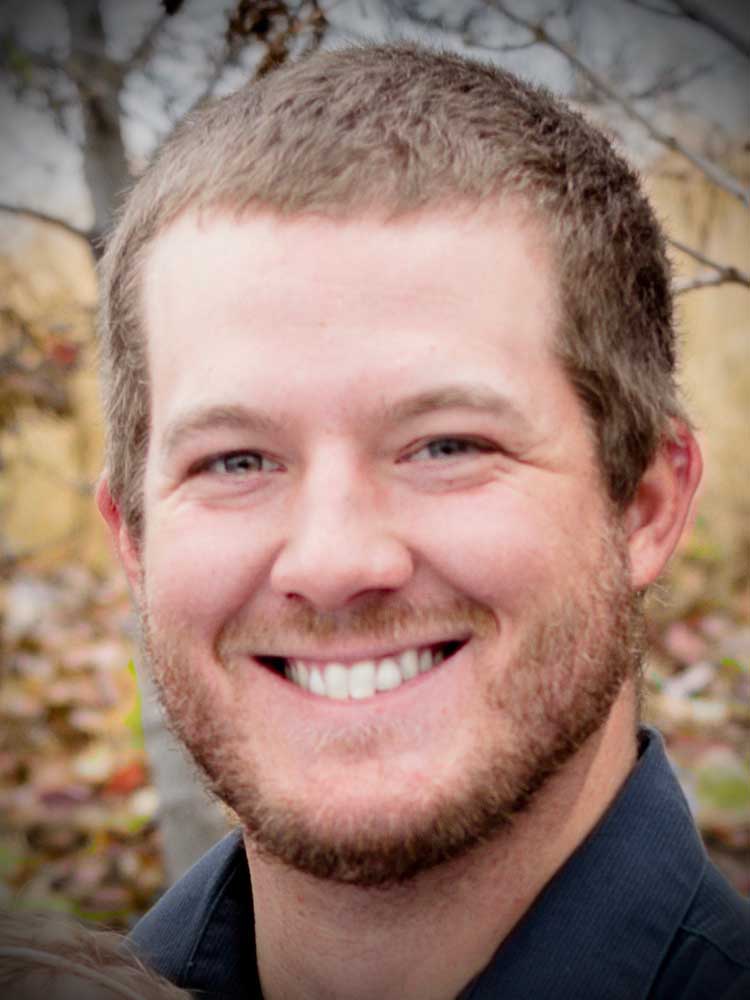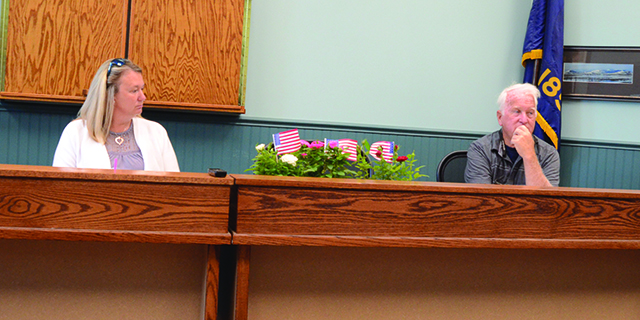On Liberty: We should accept the responsibility that freedom requires
Published 6:30 am Wednesday, April 6, 2022

- Patton
Sigmund Freud rightly stated, “Most people do not really want freedom, because freedom involves responsibility and most people are frightened of responsibility.”
Responsibility is costly, and anyone desiring to take on more responsibility for his or her life, or the life of another, finds that there are resisting forces that must be overcome in order to do so. The importance of overcoming internal resistance (fear, indifference and overwhelm, to name a few) cannot be overstated, but we must also consider the external factors that hinder our willingness to take on greater responsibility. Presently, there are very few voices within the public sphere praising those with the courage to take on the sort of responsibility that leads to meaningful living; instead, populists on both the left and right of the political spectrum promote messages of blame and victimhood, claiming that the federal government is responsible for our well-being. Our lack of personal and corporate responsibility has been detrimental to our psyches and to our families, communities and nation, and the worst part is that many, like myself, have been influenced by these messages without even realizing it.
Considering Freud’s statement, naturally, we should ask: to what end? Does maximum freedom involve maximum responsibility? Thinkers throughout the ages have recognized that a sense of purpose (meaning) is one of the strongest predictors of a satisfying life. By contrast, purposelessness is linked with mental health disorders and a plethora of adverse outcomes. Where does one find a sense of meaning? The culture today erroneously claims that our sense of meaning comes from within, or lies in the self-gratification that comfort, relationships, money, status, or career provide. This is simply not true. Clinical psychologist Jordan Peterson explains that “it’s in responsibility that most people find the meaning that sustains them through life.”
In his book “Ethics,” theologian Dietrich Bonhoeffer goes a step further to explain that it is only through deputyship, or caring for our fellow man, that one is able to truly live; “Only the selfless man lives responsibly, and this means that only the selfless man lives.” He further explains that one must accept responsibility for the lives of others in order to live ethically, in a concrete sense. “A father acts on behalf of his children by working, providing, intervening, struggling, and suffering for them. In so doing, he really stands in their place. He is not an isolated individual, but incorporates the selves of several people in his own self. Every attempt to live as if he were alone is a denial of the fact that he is actually responsible. He cannot escape the responsibility, which is his because he is a father. This reality refutes the fictitious notion that the isolated individual is the agent of all ethical behavior. It is not the isolated individual but the responsible person who is the proper agent to be considered in ethical reflection.”
Our cultural attitude toward male responsibility has taken a sharp turn away from this ethic, a shift clearly demonstrated by the change in the types of men portrayed on popular television shows over the last few decades. We once admired characters like Andy Griffith, the kind and respectable sheriff of Mayberry, but now television programs capitalize on the “bumbling dad” trope (e.g. the Simpsons, Everybody Loves Raymond), portraying men devoid of leadership qualities and the ability to care for their families and communities well. Young boys, once expected to “man up” and accept responsibility for others with strength and integrity, now are told that they are disposable and unnecessary, especially given the fact that women are outperforming them in various arenas.
Likewise, women have been encouraged to back-burner their unique responsibility to create nurturing homes and provide for the needs of children, loved ones and community.
C.S. Lewis famously stated, “The homemaker has the ultimate career. All other careers exist for one purpose only — and that is to support the ultimate career.”
We’ve seen many women voluntarily outsource their vital roles as homemakers and mothers so that they can pursue other careers, but it has come at a cost.
In her piece entitled “What America lost as women entered the workforce” (The Atlantic), Emma Green explains: “Women have long formed collective organizations intended to improve American society. They volunteered their time, waged political campaigns, and advocated for the poor and elderly. They organized voters, patronized the arts, and protested the government. In the years since women’s liberation, this kind of civic engagement has dropped precipitously. … The most vulnerable members of society have lost their best allies — women — partly because those women are too busy working. …The corner office isn’t always the pinnacle of leadership.”
It is the most concrete forms of ethical responsibility (responsibility for the nuclear family and community) that the populists, Marxists, Hollywood elites, and our public school systems have sought to eliminate by pushing a narrative that denies the importance of personal responsibility and confuses us into thinking that a meaningful life will be found in comfort, career, or our own achievements. We’ve been taught that it’s the government’s role to take responsibility for the poor and the vulnerable, and that our responsibilities as parents and community leaders are burdens that the government can bear by “investing in the future.” The idea that we ought to personally assume responsibility for the well-being of others in order to live the most meaningful life has been subverted for so long that it now seems illogical, and we have very few modern-day examples to look to for guidance. In spite of this, we mustn’t be fearful of accepting the responsibility that freedom requires — ultimately it will lead to a more satisfying and meaningful life.









